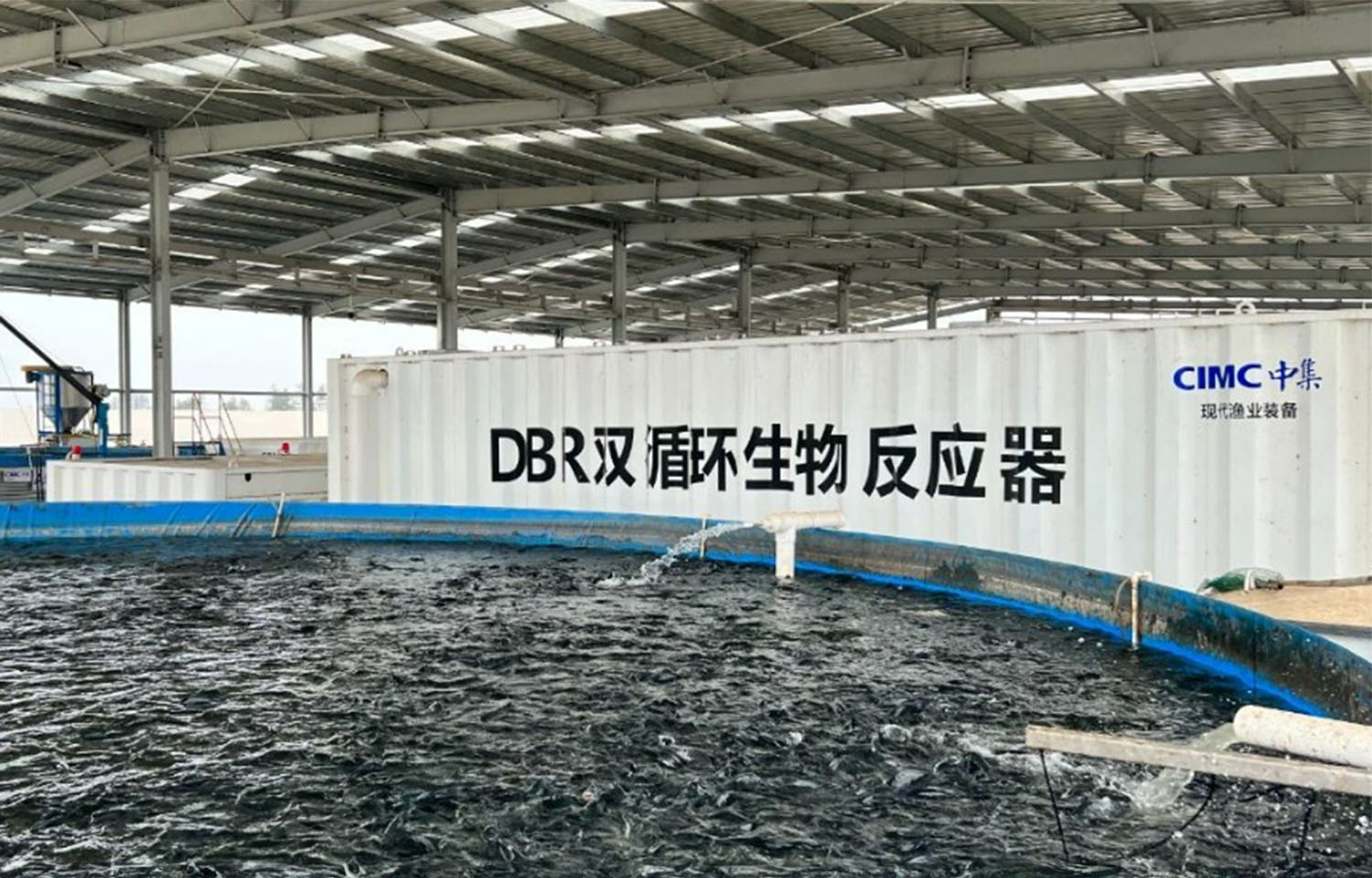The collapse of China’s real estate sector has caused investors to look elsewhere for returns, and more are turning their attention to the country's aquaculture sector.
Chinese consumers are increasingly favoring premium seafood, and the country's industrial base has responded to the shift by pouring millions into the development of state-of-the-art aquaculture facilities.
Most recently, state-owned China International Marine Containers Group announced it was investing CNY 100 million (USD 14 million, EUR 13 million) in a recirculating aquaculture system (RAS) project to farm tilapia in the province of Guangdong. The investment follows on the company's move to dive into offshore aquaculture system development and expansion of its Container+ technology, which involves "dual-cycle" land-based systems equipped with a digital platform integrating big data, artificial intelligence, Internet of Things, and other information technology solutions "to achieve a full range of operational standardization, management digitization, decision-making intelligence and a whole process of traceability, with the digitalization safeguarding the high-quality aquaculture."
"In the future, CIMC Fishery will rely on the advantages of equipment manufacturing and scientific and technological innovation to improve the whole industry chain operation, and strengthen efforts in the fields such as aquaculture system and equipment R&D and manufacturing, aquaculture operation, feed research, fresh food distribution, and production and sales of pre-made dish from aquatic products, so as to contribute to the modernization and high quality development of fishery industry, and rural revitalization with the empowerment of high technology," it said in a press release.
The company's pilot farm is currently in operation, with eight pools each capable of producing 9 metric tons of fish per cycle. The high-density farming is made possible by a water-treatment system providing "guaranteed production, disease prevention, and necessary treatment of pollution," CIMC said.
Speaking with SeafoodSource, an executive at a company farming and processing tilapia in southern China said the investment “doesn’t make sense” commercially but may have been prompted by recently high prices for tilapia in the short term.
“The tilapia raw material price has skyrocketed recently in China, [but] customers will buy other alternatives if the prices continue to rise,” he said.
Nonetheless, RAS technology, which is capable of delivering higher productivity, is growing more appealing to investors in China. While incurring higher costs, some RAS systems in China and elsewhere allow for up to ...








